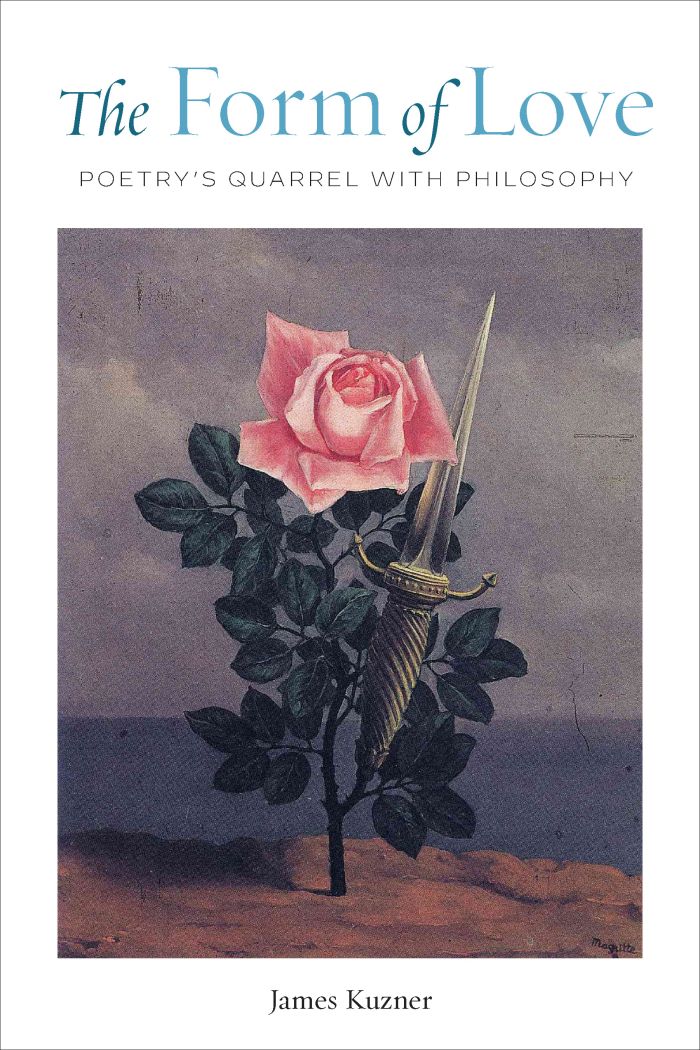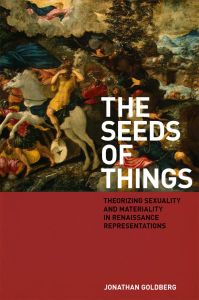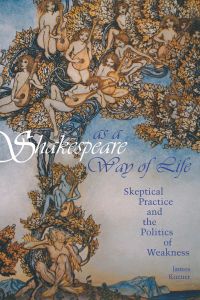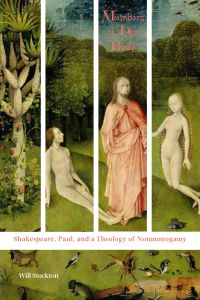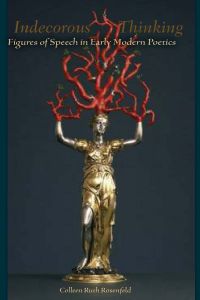The Form of Love
Poetry’s Quarrel with Philosophy

This book can be opened with

Can poetry articulate something about love that philosophy cannot? The Form of Love argues that it can. In close readings of seven “metaphysical” poems, the book shows how poets of the early modern period and beyond use poetic form to turn philosophy to other ends, in order not to represent the truth about love but to create a virtual experience of love, in all its guises.
The Form of Love shows how verse creates love that can’t exist without poetry’s specific affordances, and how poems can, in their impossibility, prompt love’s radical re-imagining. Like the philosophies on which they draw, metaphysical poems imagine love as an intense form of non-sovereignty, of giving up control. They even imagine love as a liberating bondage—to a friend, a beloved, a saint, a God, or a garden. Yet these poems create strange, striking versions of such love, made in, rather than through, the devices, structures, and forces where love appears.
Tracing how poems think, Kuzner argues, requires an intimate form of reading: close—even too close—attention to and thinking with the text. Showing how poetry thinks of love otherwise than other fields, the book reveals how poetry and philosophy can nevertheless enter into a relation that is itself like love.
The Form of Love is a stunningly original analysis of how ‘loving reading’ is also a form of thinking. Kuzner performs this thinking as he lovingly reads through lyric poems we thought we knew and—by lingering over odd figures, prosodic strangeness, contradictions, uncertainties, and confessions of incomplete, even failed knowledge—reveals how much we have yet to see. Eschewing masterful pronouncements in favor of surprise, frustration, and pleasure, Kuzner shows us what we can discover if we take both poems and ourselves less seriously.—Melissa E. Sanchez, author of Queer Faith: Reading Promiscuity and Race in the Secular Love Tradition
This extraordinary book pursues two questions at the heart of literary study in our time: How can poems tell us anything we don’t already know? How can we relate to lives that aren’t ours? Kuzner’s astonishing readings of metaphysical poems illuminate virtual experiences in which we can participate, but with which we cannot identify.—Michael W. Clune, Case Western Reserve University
Introduction: The Form of Love: Poetry, Philosophy, and the Closeness of Loving Reading | 1
1. Disjunctive Love: Philosophical Project and Poetic Experience in Donne’s “The Ecstasy” | 29
2. Obscure Love: Virtual Masochisms in Philips’s “Friendship’s Mysterys” | 56
3. Forgetting to Love: Problems of Praise in Herbert’s “The Flower” | 78
4. Loving Rhyme: Reading Mastery in Crashaw’s “The Flaming Heart” | 98
5. Green Love: Lost in Marvell’s “The Garden” | 117
6. Love and/or Lyric: Dickinson’s “I cannot live with You -” | 145
Acknowledgments | 171
Notes | 173
Index | 209

